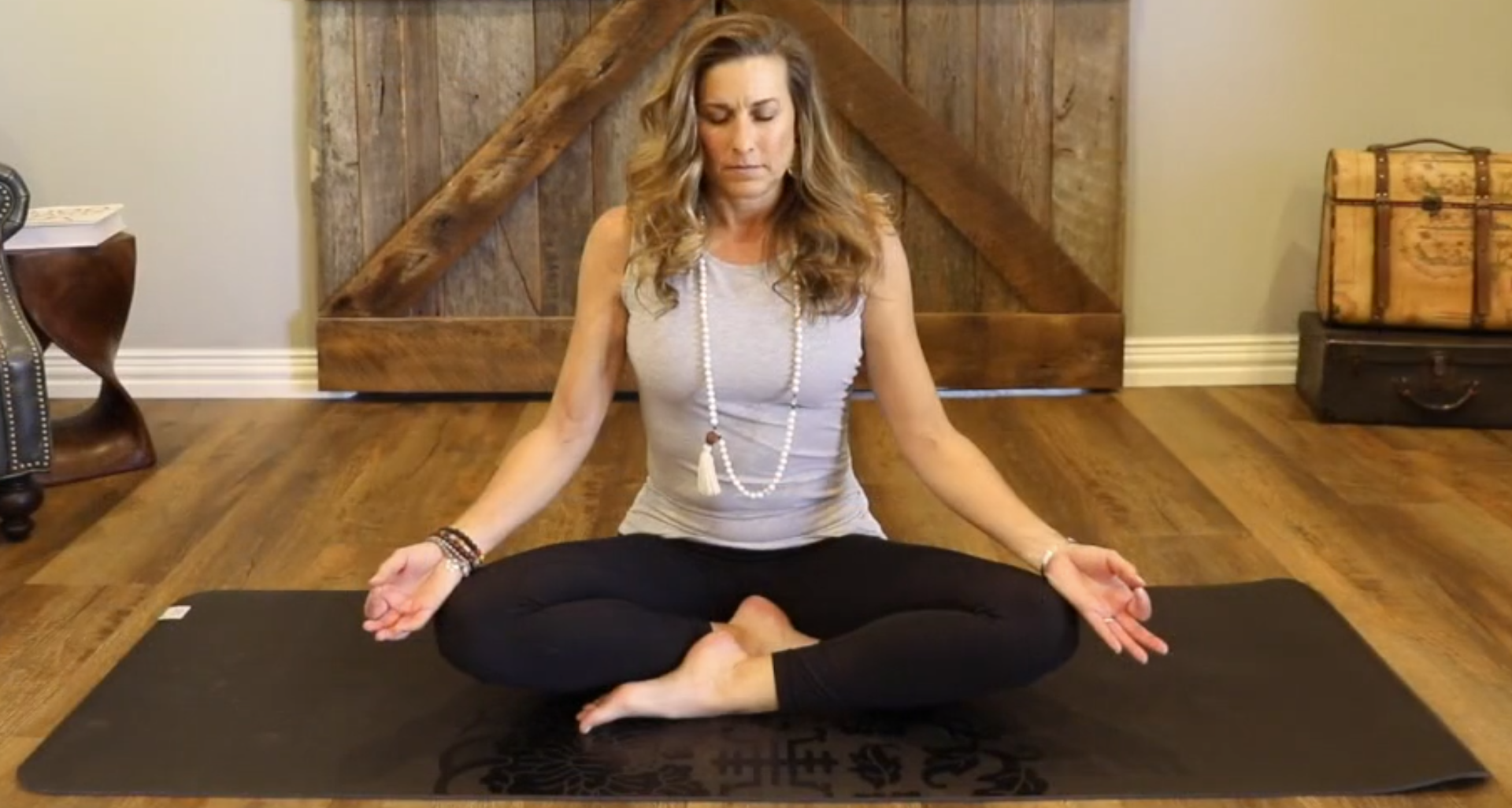CALL:
How do you know if you're experiencing a trauma trigger?

What is a trauma trigger?
First, it's essential to know what trauma is and how it can affect you. Trauma is the result of any life-threatening or terrifying experience. Typically trauma causes severe psychological distress. As a result, those who experience trauma may be living with intense grief, anger, guilt, or anxiety. Many trauma survivors develop PTSD.
People who survive trauma may not realize the impact the event left behind. For many, they experience a time of shock or denial. As a result, they believe they have processed the trauma and that everything is fine. However, all it takes is a trauma trigger for that moment to come rushing back in. A trauma trigger commonly transfers a signal to the brain through one of the five senses. You may see, smell, or hear something that triggers the brain back into fight or flight mode. In an instant, you're reliving the event as if it's happening at the moment. Flashbacks can be as terrifying as the original traumatic event.
A trauma trigger can come out of nowhere. Likewise, a trauma trigger can cause uncontrollable physical or emotional reactions. Unresolved trauma can lead to unhealthy coping skills, such as addiction. Yet, with help, traumatic events can be processed and resolved. As a result, peace and happiness can return.
How to identify and cope with a trauma trigger
As you begin to process your trauma, it will become necessary to identify what a trauma trigger feels like. An accelerated heart rate is one common physical reaction. Other symptoms include shaking, sweating, or shallow breathing. Likewise, emotional reactions include feelings of intense anxiety, fear, or helplessness. As a result, triggers can lead to depression, sleeplessness, irritability, and hopelessness (webmd.com).
However, there are tools you can use daily to cope with your trauma. Exercise and healthy eating and sleep habits can lower the intensity and frequency of triggers. Another beneficial tool you can turn to is writing. Writing down the details of your experiences is an excellent way to let your emotions out. Finally, there are therapeutic coping skills such as grounding, mindfulness, and deep breathing. Over time, it gets easier to stay in control when you're triggered. Likewise, you can teach your brain not to react to triggers. As a result, both emotional and physical responses to triggers can become manageable and even avoidable.
At Thrive Relational Recovery, we are here to help you heal from any trauma you may have experienced. We're eager to help you identify your trauma triggers and teach you healthy coping skills. You don't need to suffer in silence anymore. Call us today.






